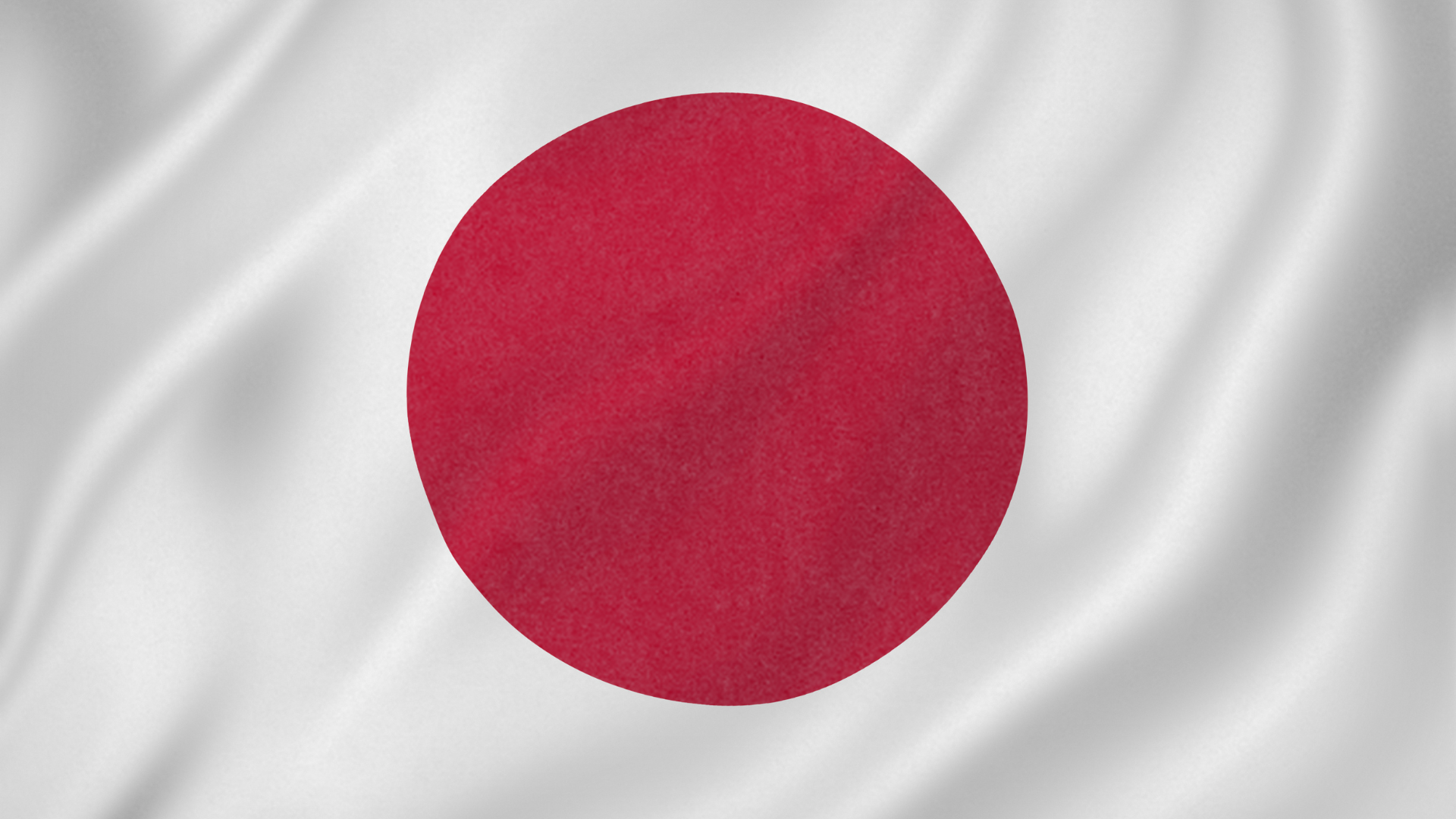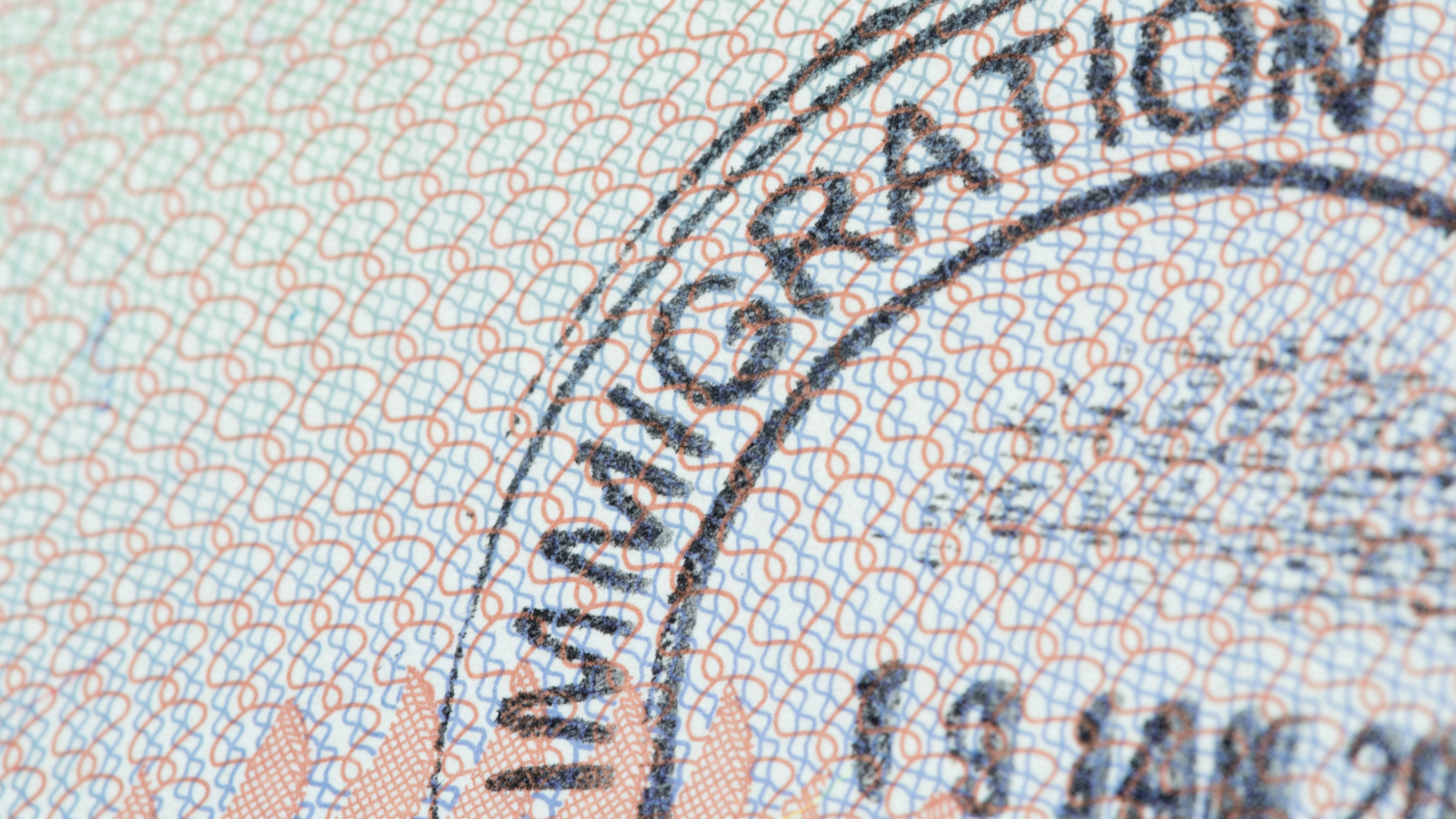Despite calls to bring down the expanded value added tax (EVAT) on oil to 10 percent to help ease the burden of the Filipino people, Malacañang said that the tax on oil will remain at its current state of 12 percent.
Presidential Spokesperson Edwin Lacierda said that the income generated by the EVAT on oil is needed to fund the various pro-poor programs of the government. Transport groups staged last Thursday (March 15) a nationwide transport strike to protest the continuing hike in oil prices and call for the scrapping of the Expanded Value-Added Tax (EVAT) on oil.
“…the taxes (on oil) are really needed. While the circumstances at that time when it was imposed are different now, we need it to continue to fund our programs,” Lacierda said.
He countered criticisms that these government programs, such as the Conditional Cash Transfer, do not need funding from the EVAT on oil as these have separate funding from foreign sources.
“On the Conditional Cash Transfer, we just like to state for the record that we have—we are now servicing three million family beneficiaries. Out of the three million family beneficiaries, 900,000 family beneficiaries are funded by the World Bank-ADB (Asian Development Bank) loan. So 2.1 million (family beneficiaries) are funded by our GAA (General Appropriations Act),” Lacierda explained.
“But even then, that foreign loan ultimately babayaran rin natin ‘yan eh. So babayaran ng gobyerno ‘yan so talagang pera rin ng pamahalaan ‘yung pambayad doon,” he added.
Lacierda also cited the statement of Finance Secretary Purisima who underscored the need for the EVAT on oil as part of the government’s revenue base.
“We need to continue to build a revenue base rather than go backwards. This way, our cost of borrowing will continue to go down creating more space for social investment. ‘Yan po ang reasoning ni Secretary Purisima,” Lacierda said.





